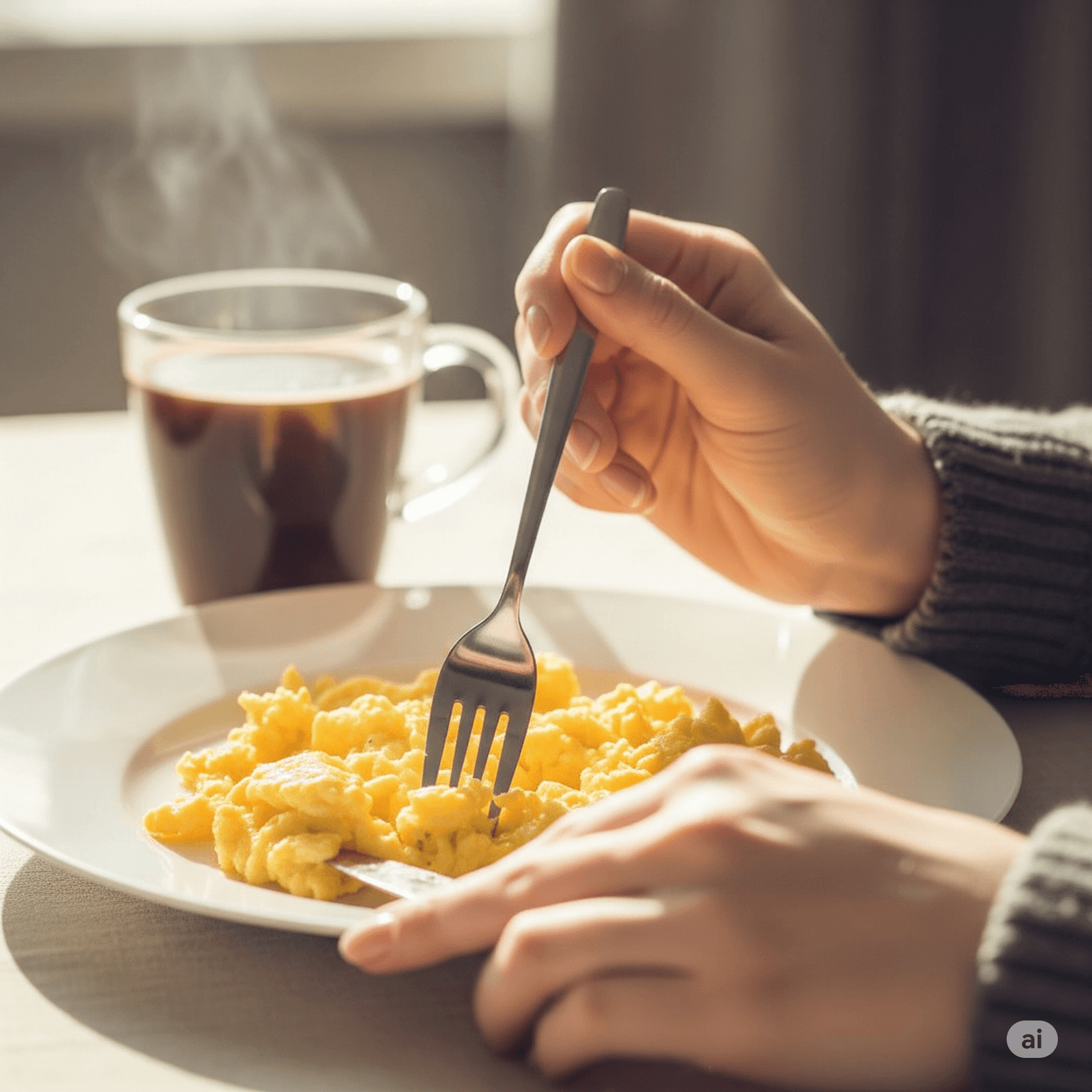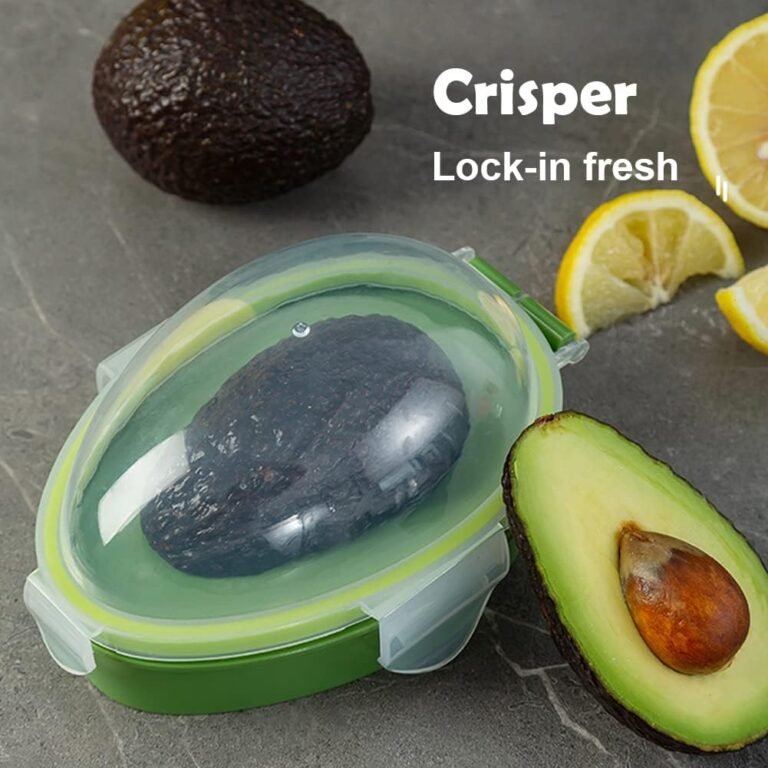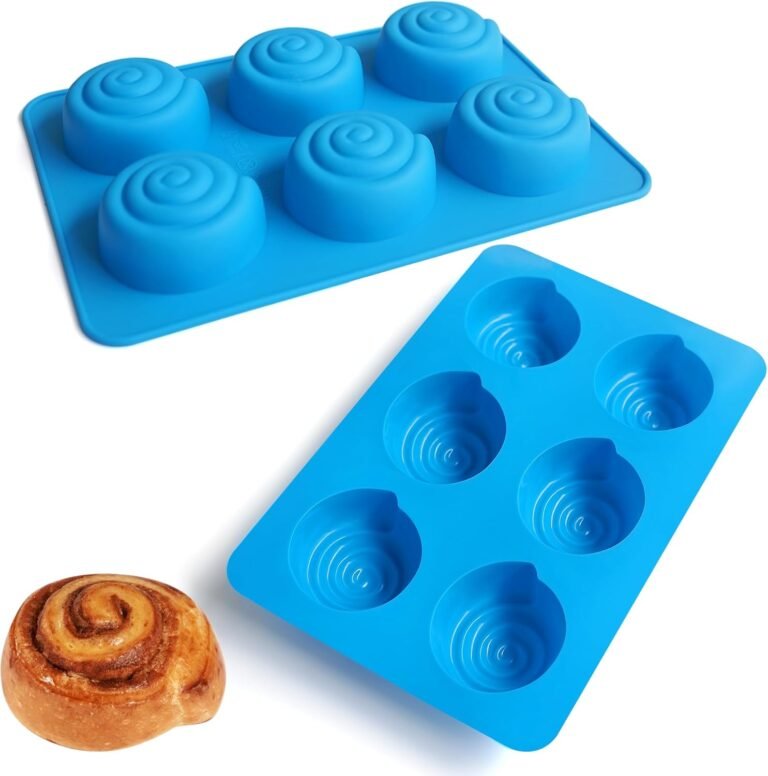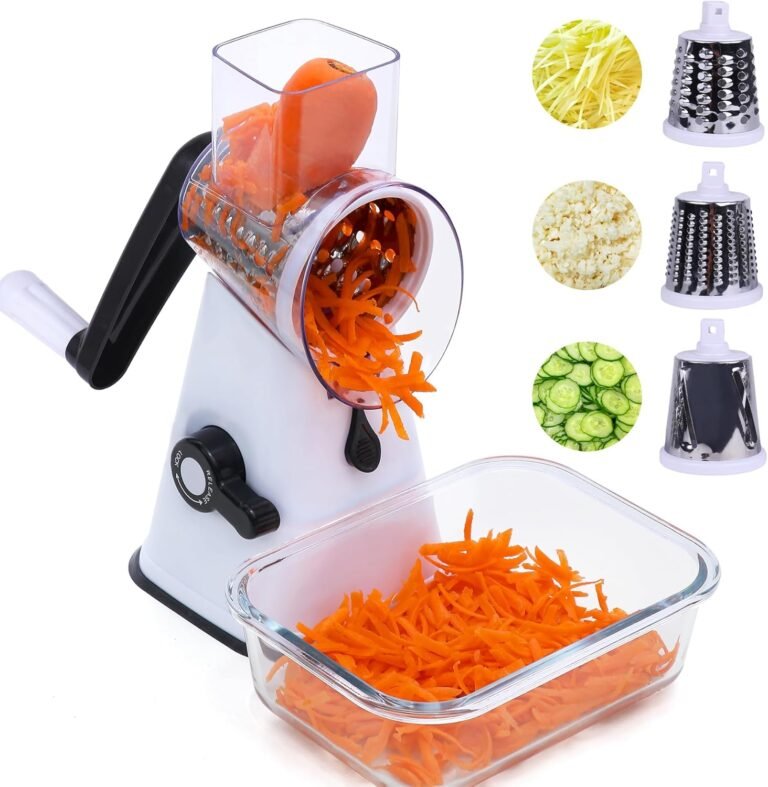The Art of the Perfect Scrambled Egg: A Step-by-Step Guide for Beginners.
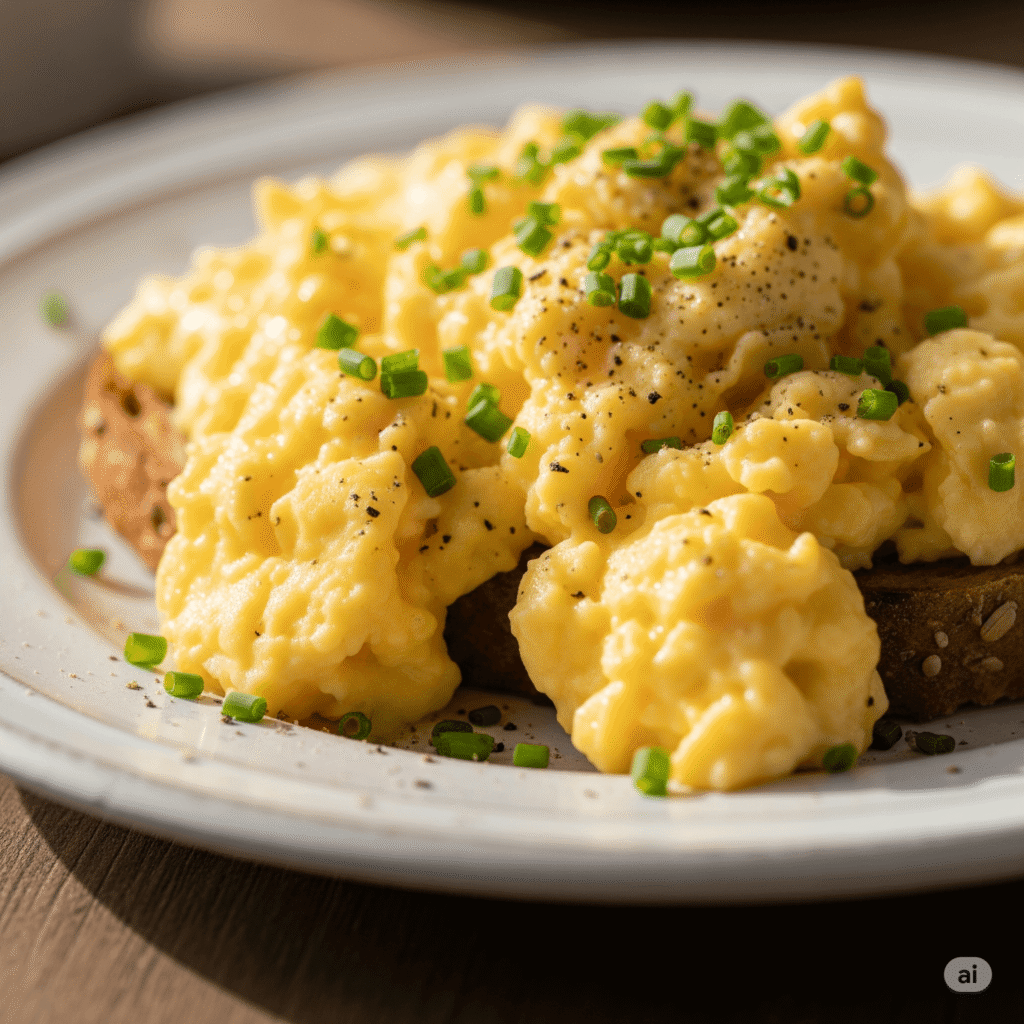
How to Make Perfect Scrambled Eggs: An Easy Beginner’s Guide
Are you tired of sad, rubbery, or bland scrambled eggs? It’s a common frustration! Many beginner cooks (and even some experienced ones!) struggle to achieve that diner-style perfection: fluffy, creamy, and utterly delicious scrambled eggs. But what if I told you that with a few simple techniques – real pro tips – you could master how to make perfect scrambled eggs every single time? Well, you absolutely can! This step-by-step guide is designed for scrambled eggs for beginners, ensuring you start your day with a truly satisfying breakfast.
Why This Easy Scrambled Eggs Recipe Works
The beauty of this beginner scrambled egg recipe lies in its simplicity. We’re using basic ingredients, but the magic happens in the technique. Forget complicated steps; we’re focusing on a few key “pro tips”—like gentle heat and the right tools—that make all the difference between mediocre and mouthwatering. These small details are the secret to achieving that coveted light, airy texture and rich flavor that define the best scrambled egg recipe.
Ingredients for Perfect Scrambled Eggs (Serves 1-2)
- 2-3 Large Eggs (per person – fresh eggs make a noticeable difference!)
- 1 tsp Butter (per person – unsalted is great, but salted works too, just adjust seasoning later)
- 1 tbsp Milk or Cream (per person – optional, for extra creaminess. We’ll discuss this!)
- Salt to taste
- Freshly Ground Black Pepper to taste

Essential Equipment
To achieve those perfect scrambled eggs, having the right tools is half the battle. Here’s what you’ll need:
- Medium-sized Bowl
- Whisk or Fork
- High-Quality 8 or 10-inch Non-Stick Pan: For the best results and an effortless cleanup, we highly recommend a good quality 8 or 10-inch non-stick pan. A proper non-stick surface is crucial because it prevents the delicate eggs from sticking, ensuring a smooth, uniform cook and making it much easier to achieve that soft, pillowy texture.
- Heat-Resistant Silicone Spatula: Equally important is a heat-resistant silicone spatula.. It’s gentle on your non-stick pan (no scratches!) and is perfect for gently moving and folding the eggs to create those lovely, soft curds.
You might be interested Is the Umite Chef Silicone Kitchen Utensil Set the Best? See Our Unbiased Review and Where to Buy it Cheap on Amazon?
How to Make Perfect Scrambled Eggs: Step-by-Step Instructions
Ready to transform your breakfast? Let’s get cooking scrambled eggs the pro way!
Step 1: Prep the Eggs Crack your fresh eggs into the medium-sized bowl. Add a small pinch of salt and a couple of grinds of black pepper.
- Pro Tip: Seasoning the eggs before cooking allows the salt to start breaking down the proteins slightly, which can lead to a more tender and flavorful result.
Step 2: Whisk Away Using your whisk or fork, beat the eggs vigorously. You want the yolks and whites to be completely combined, and the mixture should be an even yellow color, slightly frothy, and airy. This usually takes about 30-45 seconds. Don’t overdo it once they are combined, though.

Step 3: Heat the Pan Gently Place your non-stick pan over medium-low heat. Add the butter and allow it to melt completely, swirling it to coat the bottom of the pan. The butter should be melted and foamy, but not browned.
- Pro Tip: Low and slow heat is the absolute secret to creamy scrambled eggs. Rushing this step with high heat will cook the eggs too quickly, making them tough and dry. Patience is key!
Step 4: Cook the Eggs Pour the whisked egg mixture into the warm, buttered pan. Let the eggs sit undisturbed for about 20-30 seconds, or until you see the edges just beginning to set.
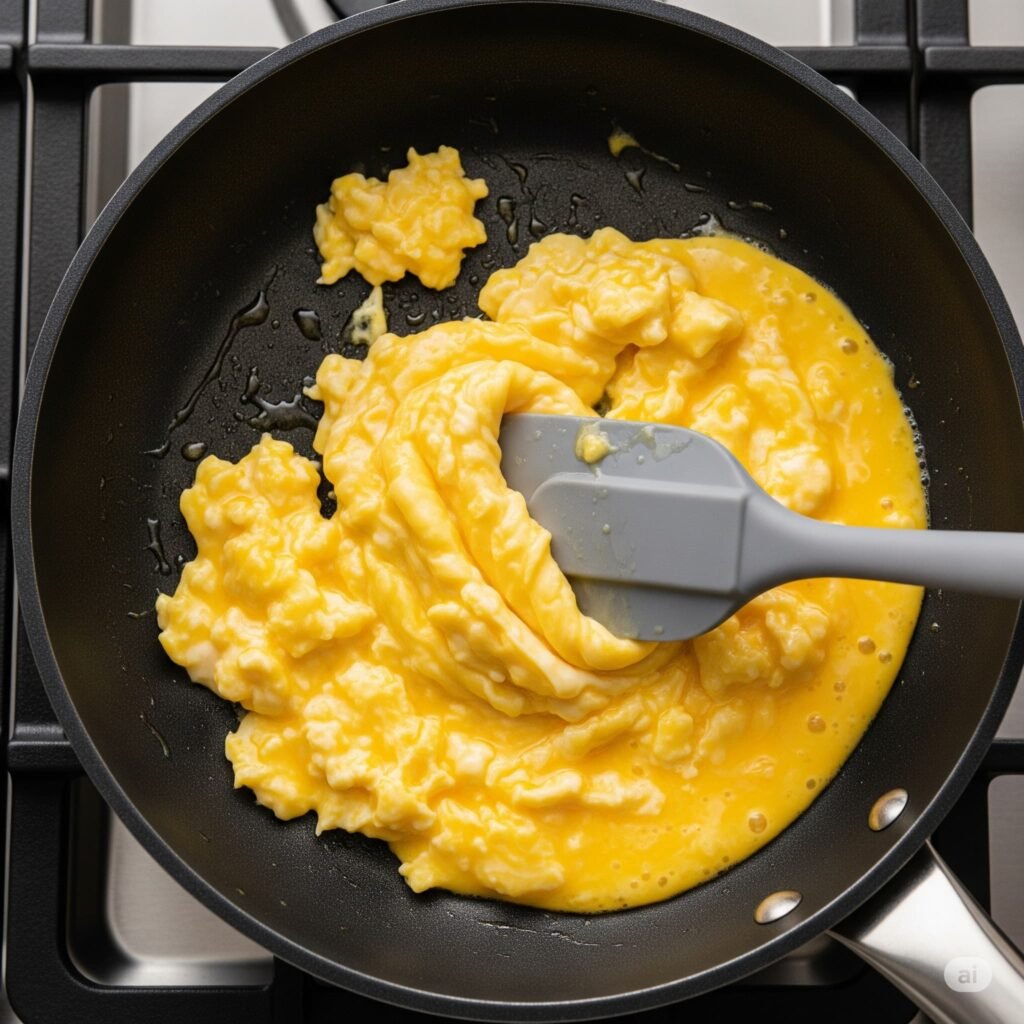
Step 5: Gently Move and Fold With your silicone spatula, gently push the cooked egg from the edges of the pan toward the center. As you do this, tilt the pan so that the uncooked egg flows into the empty spaces. Continue this gentle pushing and folding motion. You’re not stirring vigorously; you’re creating soft, billowy curds.
Step 6: The Final Cook Continue to cook, gently moving and folding, until the eggs are mostly set but still look slightly moist and glossy. They should hold their shape but still have a soft, creamy appearance.
- Pro Tip: Remove the pan from the heat a moment before you think they’re perfectly done. The residual heat in the pan will continue to cook the eggs for a few moments (this is called carryover cooking), and this prevents them from overcooking and becoming dry.
Step 7: Serve Immediately Transfer your perfect scrambled eggs to a warm plate. Garnish as desired (see suggestions below) and enjoy your delicious creation right away!
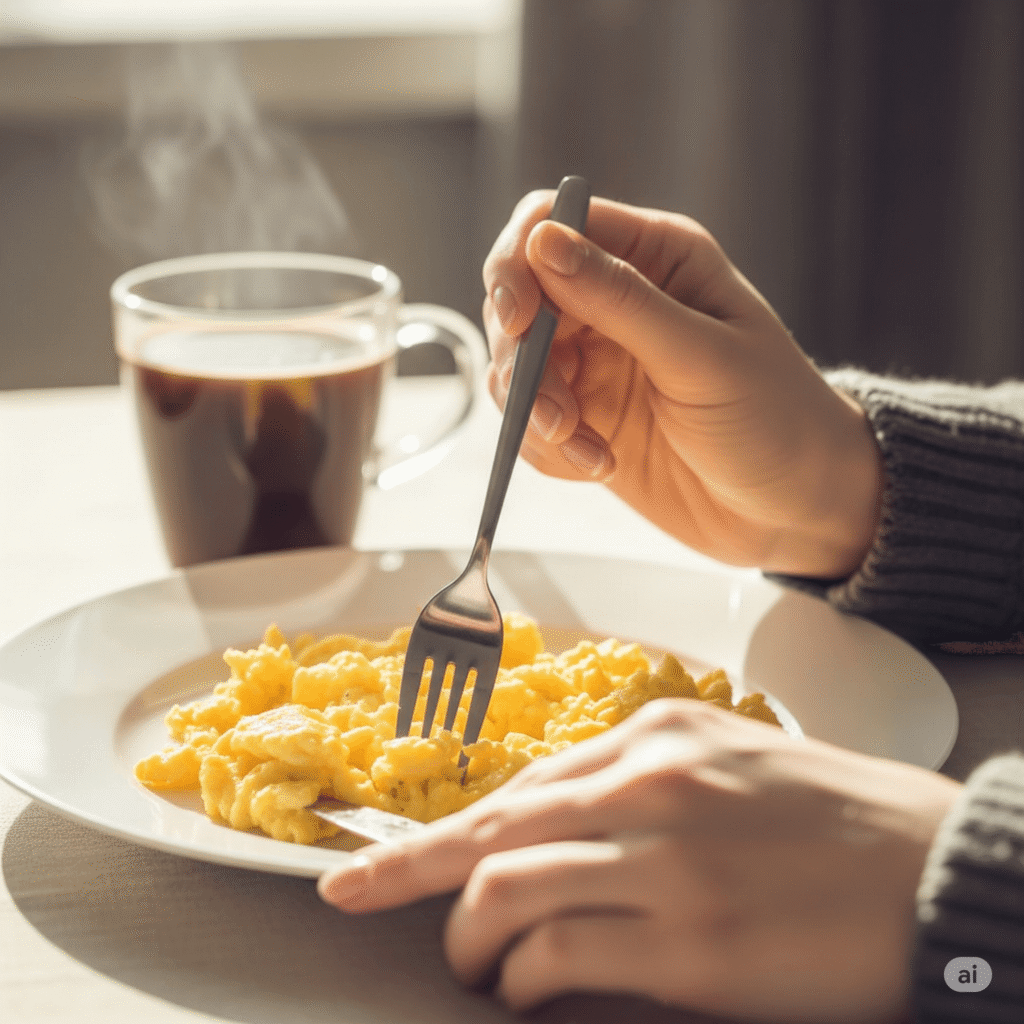
Pro Tips for the Fluffiest, Creamiest Scrambled Eggs
Mastering scrambled eggs for beginners is all about these key takeaways:
- Low and Slow is the Way to Go: We can’t stress this enough! Gentle heat prevents the proteins in the eggs from tightening up too quickly, which is what leads to rubbery results.
- Don’t Overcook! This is the most common mistake. Aim for eggs that are just set but still moist and glossy. They should quiver slightly. Remember carryover cooking!
- To Add Milk/Cream or Not? Adding a tablespoon of milk, cream, or even water per two eggs can result in slightly creamier, more tender eggs by introducing more moisture and steam. However, some purists prefer no additions to let the pure egg flavor shine. Experiment to find what you like best! If using, whisk it in with the eggs in Step 2.
- Season Smart: Seasoning before cooking helps, but always taste and adjust seasoning if needed just before serving.
- The Right Tools Matter: A quality non-stick pan for eggs and a silicone spatula for eggs aren’t just suggestions; they make the process significantly easier and yield better results.
Variations and Serving Suggestions
Once you’ve mastered this easy scrambled eggs recipe, feel free to get creative!
- Cheesy Delight: Sprinkle in some grated cheddar, Gruyère, or goat cheese during the last 30 seconds of cooking.
- Herby Freshness: Fold in finely chopped fresh herbs like chives, parsley, or dill just before serving.
- Spice it Up: A tiny pinch of paprika or a dash of your favorite hot sauce can add a nice kick.
- Serve it With:
- Crispy toast (whole wheat, sourdough, rye)
- Sliced avocado
- Sautéed mushrooms or spinach
- Crispy bacon or sausage links
Your Breakfast Just Got an Upgrade!
See? Making perfect scrambled eggs isn’t some unattainable culinary feat. With these simple steps and pro tips, you now have the knowledge to whip up a batch of incredibly fluffy, creamy, and delicious scrambled eggs that will make any breakfast feel a little more special. This simple egg recipe is a kitchen fundamental worth mastering.
We’d love to hear how your scrambled eggs turned out! Do you have a secret trick or a favorite ingredient you love to add? Share your thoughts and successes in the comments below!

